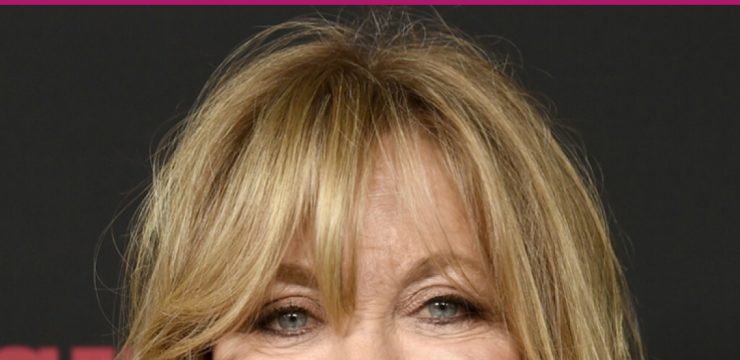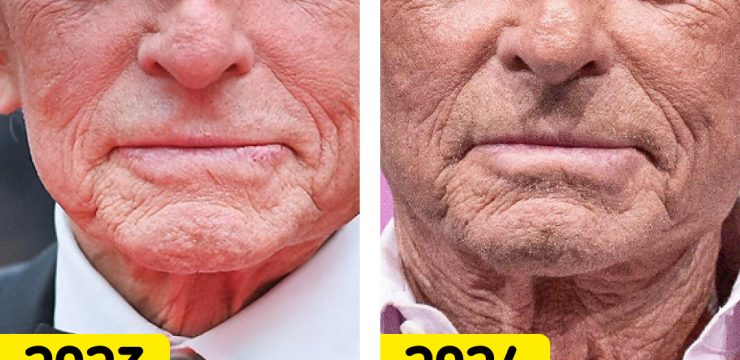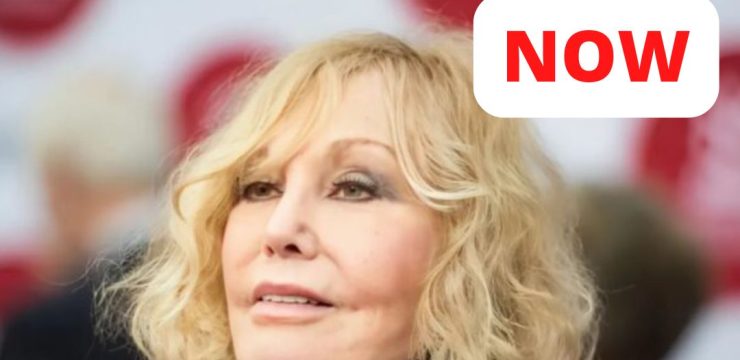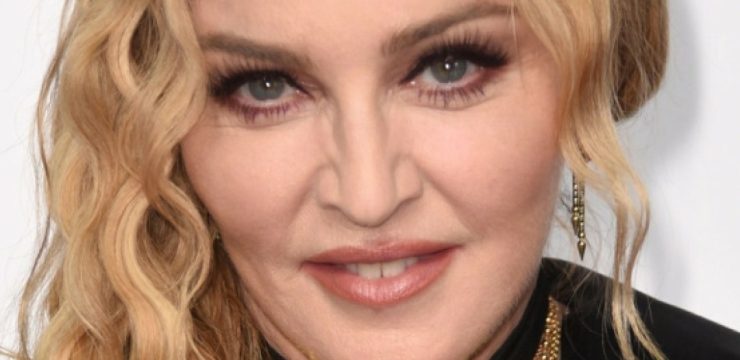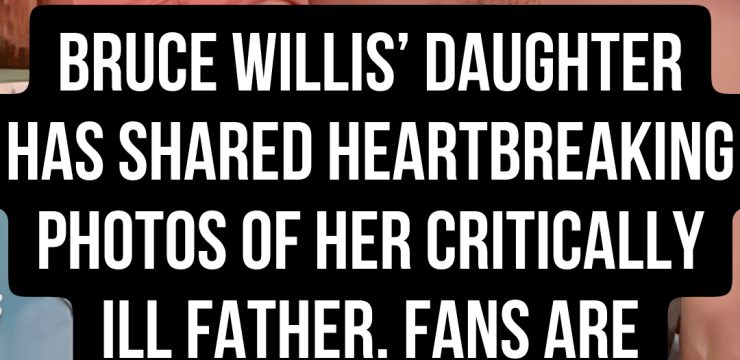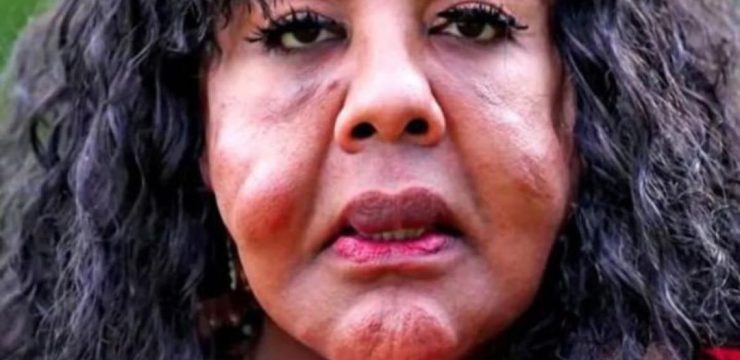It’s no secret that many people across the world aren’t entirely satisfied with how they look. The quiet wish to change something—large or small—about one’s appearance is deeply human. In a time shaped by social media filters, influencers, and beauty trends that shift faster than the seasons, that desire has only grown stronger. Every day, thousands of people turn to cosmetic procedures hoping to bring their reflection closer to the image they carry in their mind. But few stories illustrate the extremes of that journey quite like the one of Dalia Naeem—a woman who has undergone more than forty-three surgeries and cosmetic enhancements to resemble her lifelong idol: Barbie.
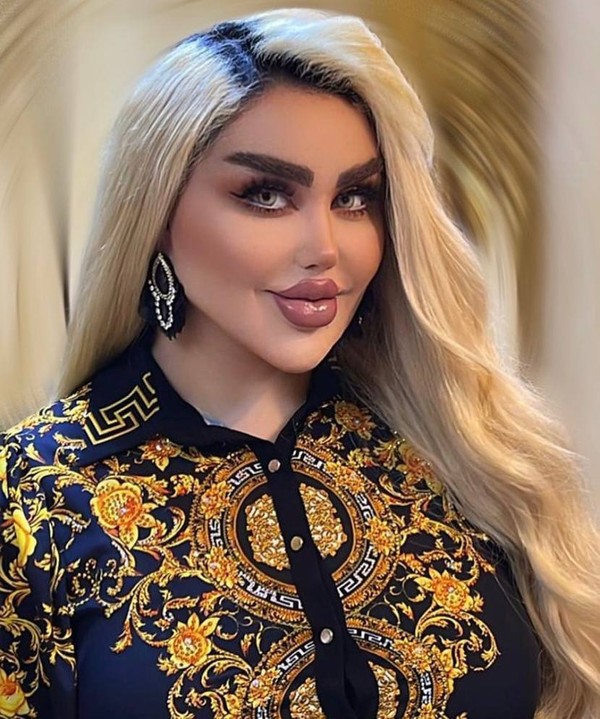
Dalia, a 30-year-old actress and television presenter from Baghdad, Iraq, has become known worldwide as the “Iraqi Barbie.” Her story has captured the attention of millions, sparking both admiration and debate. She has spent years—and a remarkable amount of money—reshaping nearly every part of her appearance to mirror the flawless, blonde-haired doll that has inspired generations. Her transformation, dramatic and unapologetic, represents one woman’s determination to create the version of herself she always envisioned.
To understand her journey, it helps to start from a familiar truth. Most of us, at one time or another, have looked in the mirror and wished for a small change—a straighter nose, smoother skin, or thicker hair. These thoughts are part of being human, shaped by self-awareness and comparison. Yet for most, they remain fleeting moments. We accept our imperfections, often learning to see them as marks of character. But for some, that quiet desire becomes a calling, a mission to bring their inner vision to life—no matter how unconventional or costly that path might be.
For Dalia, admiration turned into transformation. What began as a fascination with Barbie’s image grew into an all-consuming goal to mirror that ideal. Over time, she’s undergone dozens of procedures—rhinoplasty, lip fillers, cheek and jawline sculpting, breast augmentation, and more. Each operation brought her closer to the aesthetic she dreamed of. The result is striking: large, almond-shaped eyes, a sharply contoured face, golden hair, and features that look almost sculpted. Whether people call her beautiful, extreme, or unrecognizable, no one can deny that her transformation is extraordinary.
Dalia’s fame, once confined to local television, exploded on social media. With more than a million followers on Instagram, she shares glimpses of her evolving look, her beauty routines, and her unapologetic confidence. Her fans admire her fearlessness and individuality. To them, she represents the courage to take control of one’s own image in a world that constantly tells women how they “should” look. Her supporters praise her as bold, brave, and inspiring—a woman who dares to live life on her own terms.
But not everyone sees it that way. Alongside the admiration comes a flood of criticism. Some online voices mock her, calling her names or questioning her choices. Words like “zombie” or “Devil Barbie” have been thrown her way, harsh reminders of how unkind the internet can be. Yet beneath those insults lies something larger—a reflection of how society still struggles to accept difference, especially when it’s chosen rather than inherited.
This leads to a deeper question: why do people go to such lengths to change how they look? For some, it’s about confidence. For others, identity. And for a few, it’s a blend of self-expression, public image, and the deep human desire to feel seen. Dalia herself has said she enjoys her transformation and feels empowered by it. Every surgery, every enhancement, brings her closer to feeling like the person she imagines inside. While not everyone may understand that drive, it’s important to recognize that her choices belong to her—and her alone.
In today’s culture, self-expression is both celebrated and criticized. We cheer for individuality, yet we often judge those who stray too far from what we consider “normal.” Dalia’s story reminds us that the path to self-acceptance isn’t always about staying the same—it can also be about change. Some people find peace by embracing their natural features; others, like Dalia, find it by reshaping them. Both journeys deserve respect.
Social media has undoubtedly fueled this growing culture of transformation. The constant flood of filtered faces and curated perfection can make even the most confident person feel inadequate. For those in the public eye, the pressure is multiplied. Influencers, models, and public figures face daily scrutiny—every angle, every expression open to judgment. For Dalia, that digital spotlight may have intensified her desire to perfect her appearance, but it has also given her a platform to own it.

Still, one might wonder: is she changing for herself or for her audience? Perhaps that’s not the right question. Maybe the real question is—why should anyone else decide what happiness looks like for her? If altering her appearance brings her confidence, comfort, and joy, then those are valid outcomes. Our bodies are our own, and each of us has the right to make choices that align with how we feel inside.
Of course, balance and perspective matter. No story about transformation should ignore the emotional and physical challenges that come with such decisions. Cosmetic surgery can be empowering, but it also carries risks—medical, emotional, and social. That’s why Dalia’s journey should be viewed not as a blueprint, but as a reflection of one woman’s determination to live authentically, no matter what others think.
Her critics will likely keep talking, but at the end of the day, Dalia is the one who faces the mirror. She’s the one who bears the scars, the healing, and the satisfaction that follow each procedure. If she feels more confident, more herself, and more at peace with her reflection, that’s a victory that can’t be measured by likes, followers, or headlines.
In many ways, her transformation challenges us to look inward. It asks us to question how we define beauty and how quick we are to judge those who chase it differently. While her look may not appeal to everyone, her courage to live unapologetically should not be overlooked. In a world that constantly demands conformity, choosing to stand out can be an act of quiet rebellion.
Dalia’s story is ultimately about more than surgeries. It’s about the right to self-expression, the complexity of identity, and the deep human longing to feel beautiful—inside and out. Her choices may not be yours or mine, but her conviction deserves acknowledgment. She’s carved a path that is entirely her own, one that reflects both the power and the price of transformation.
So the next time you see someone whose choices you don’t understand, take a moment before judging. Think about what it means to live boldly, to defy expectations, and to step into the world as the version of yourself that feels most true. That kind of bravery is rare—and whether you agree with it or not, it deserves respect.
Dalia Naeem’s journey reminds us that beauty, like happiness, is deeply personal. It cannot be defined by trends, approval, or comparison. In her own way, she’s rewritten what it means to take control of one’s reflection—and perhaps that’s the real transformation worth noticing.
